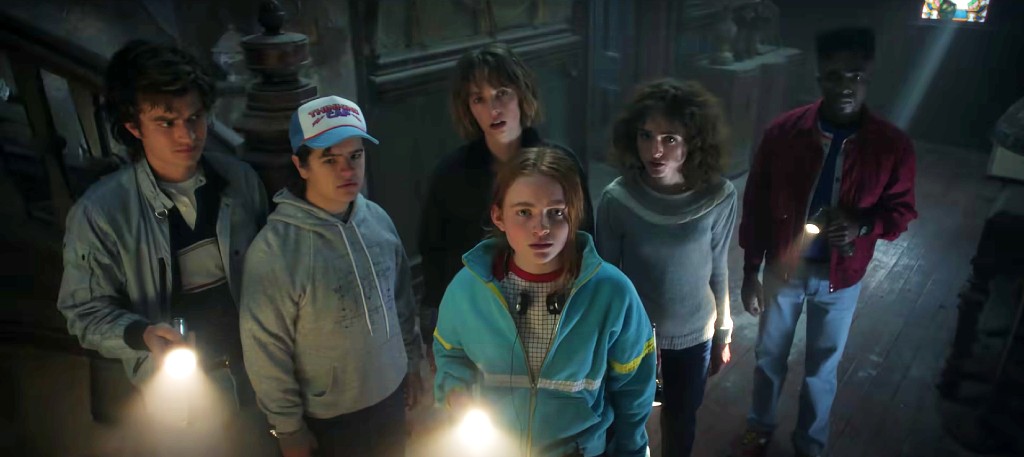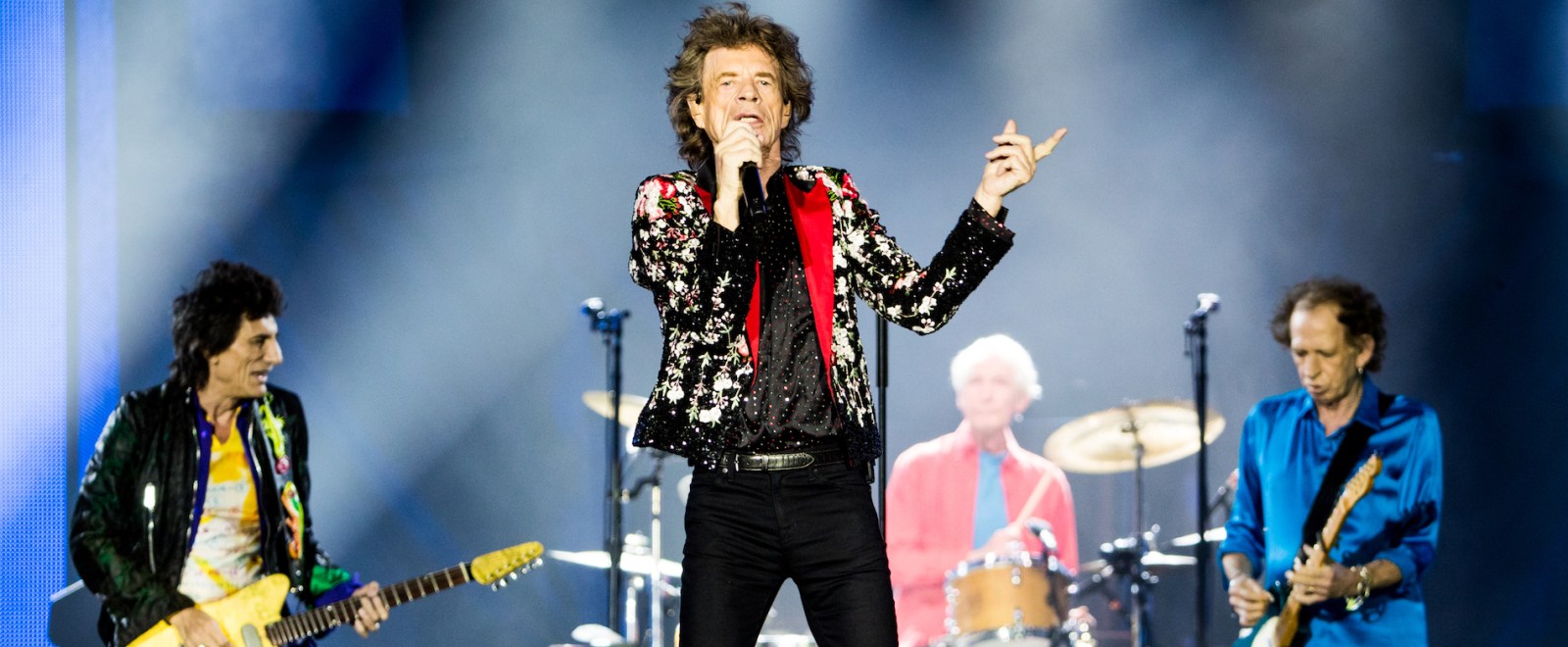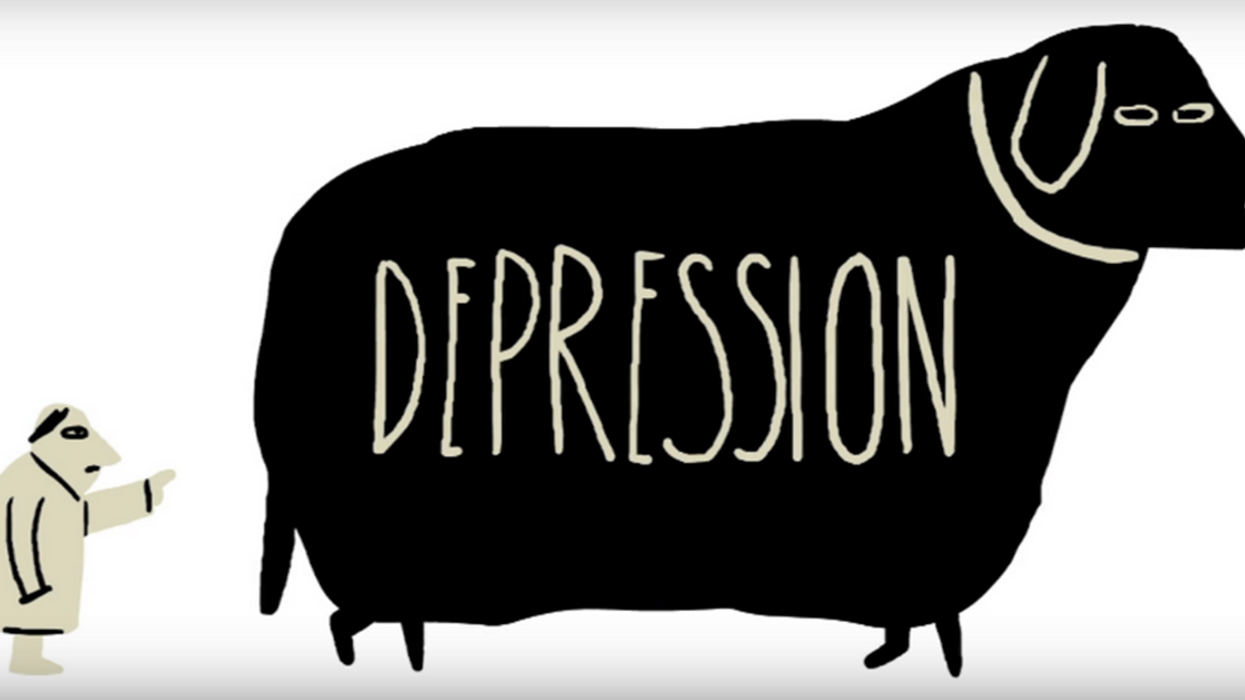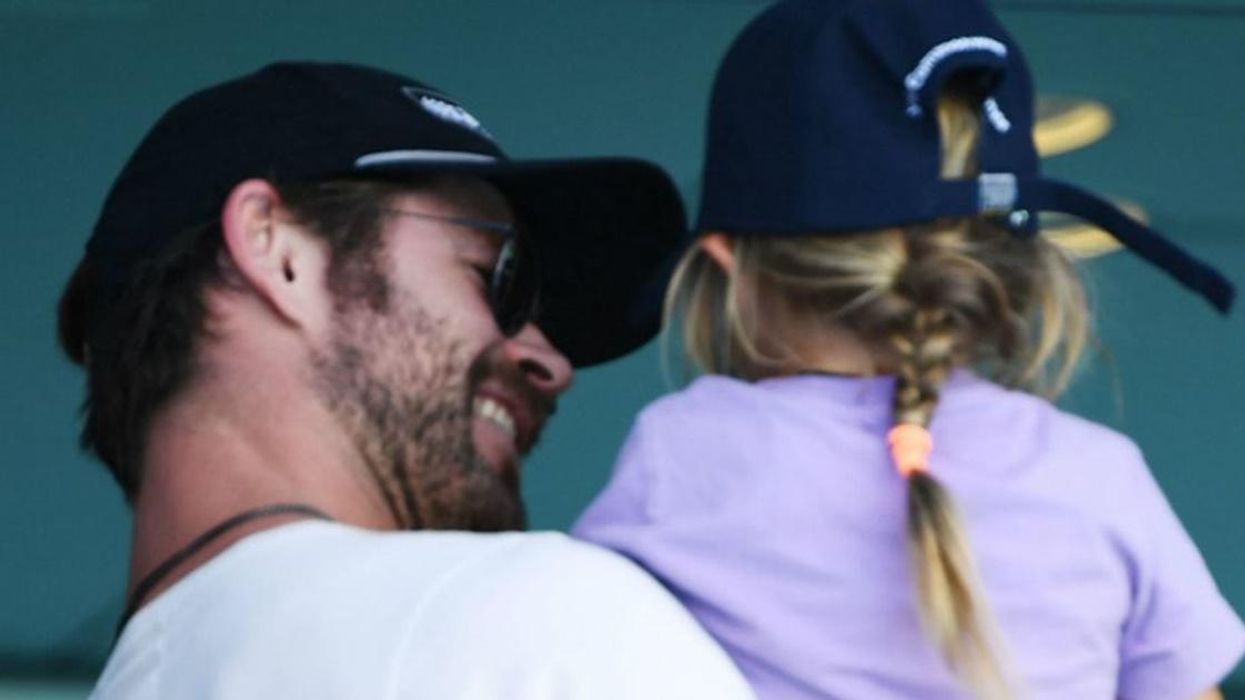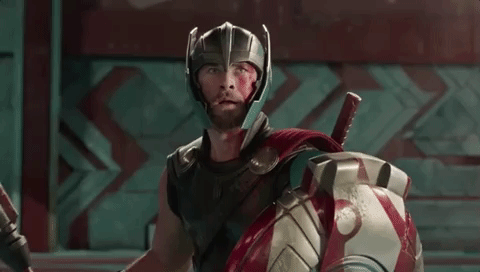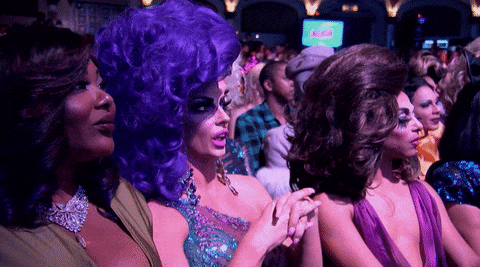For Deuntate Copeland, the work he’s doing off the court is just as important as what’s happening on the sidelines.
Copeland’s nonprofit, the National High School Basketball Association or NHSBA for short, uses the sport he loves to reach underserved kids where they’re at. For many, that just so happens to be on a gym floor or a concrete square.
“We’re using basketball to get our message across,” Copeland told Dime.
He launched the NHSBA after a trip home during his senior year in college sparked a desire to help the youth in his community. “I loved playing basketball and I always wanted to help kids,” he said. “I remember being like, ‘Man, I wonder if there’s something we can do for those kids that don’t [have] a school team? Can they learn those skills as well? [Can we] kind of help them to do other things?’
The program started in Arkansas, quickly spreading to surrounding areas like Memphis, Tennessee before migrating to bigger cities like Atlanta, Ga. Its goal was simple: invite kids to play ball, get them to stay to work on their future. Copeland recruited high school and community coaches and eager-to-help educators and volunteers, all with a passion for mentoring the next generation who could foster both a love of the sport and an interest in other career paths.
“Some of the kids think they’re going to be the next Michael Jordan or LeBron James or Kobe Bryant,” Copeland says.
But the NHSBA is less focused on churning out future NBA stars and more interested in helping young teens discover potential jobs and forms of higher education that speak to their unique passions. To do that, Copeland connects with companies and celebrities who have a direct tie to the game, even if they aren’t necessarily playing it as their day job.
This past year, as COVID forced most gyms to close their doors, Copeland and his team took their program virtual, hosting Zoom sessions with kids who were stuck inside and missing that time on the court. Instead of reaching them at the free-throw line, the organization invited guest speakers to hop on virtual conference sessions to expose them to potential careers they never would’ve imagined for themselves.
“We had speakers from Ralph Lauren. We had speakers from ESPN. We had folks from Adidas. We had folks from the NBA. We had folks from Turner Sports,” Copeland recalls. “We had all these different people that talked to the kids about [their] careers and [the] things they dealt with.”
The medium might have been different, but whether it’s on a computer screen or on the court, Copeland’s goal has always been to use basketball as a gateway for a better future for kids who might have a hard time envisioning one.
“A lot of kids come in because they just want to play ball, but then you have people that pique their interest and they get engaged,” Copeland explains. “So like, ‘I want to be in broadcast and media,’ then when ESPN comes to talk to them, they get engaged. You have folks that want to design clothes. Okay. Well, [someone from] Ralph Lauren comes into the mix and talks to them, then they get engaged. You have people from the NBA that may talk to them, they work in different departments like maybe marketing. They get engaged behind that because they see there’s more than just being an NBA player.”
For Copeland, the goal is to improve these kids’ game and their prospects. His coaches teach valuable skills on the court, and some former players have even gone on to play college ball, but they’re just as invested in forging connections with universities and businesses, helping these teens to network in the hopes of placing them in college or a fulfilling career once they graduate.
“It’s about helping them to essentially ignite a passion,” Copeland says. “A lot of kids we deal with, they come from unserved communities, and they don’t know what’s out there. They haven’t spoken to these types of people.”
And while the NHSBA continues to broaden its players’ horizons off the court, the time they spend in the gym is used for instilling life lessons that transcend basketball.
“I think basketball brings so many things to the table,” Copeland says. “I mean, you learn everything from how to work with other people to how to deal with adversity. How do you adapt to certain situations? All these things you learn from playing ball. I think that basketball is designed to bring folks together.”
For now, the program itself is learning how to adapt to changing times. There’s a huge demand across the country for organizations like the NHBSA that go out into underserved communities and help inspire the youth to dream big. The group has drastically expanded its operations in recent years, receiving funding from organizations like the NBA Players Association Foundation. As we hopefully return to some kind of normal post-pandemic, Copeland is excited to add more programs, more speakers, and more opportunities for the kids coming back to his courts but his motivation for using the game to reach the next generation remains the same as it’s always been.
“It’s always great to see kids better themselves,” Copelands says. “Whether they’re going to college to play, going academically [or] able to go get jobs and better themselves. It’s a great feeling to know that you had an impact on helping them get there.”
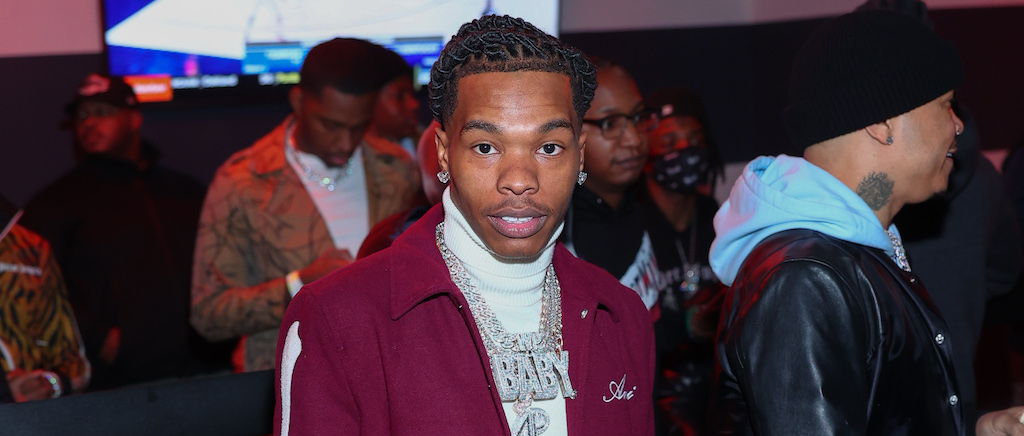
pic.twitter.com/K8AspYqUo3


